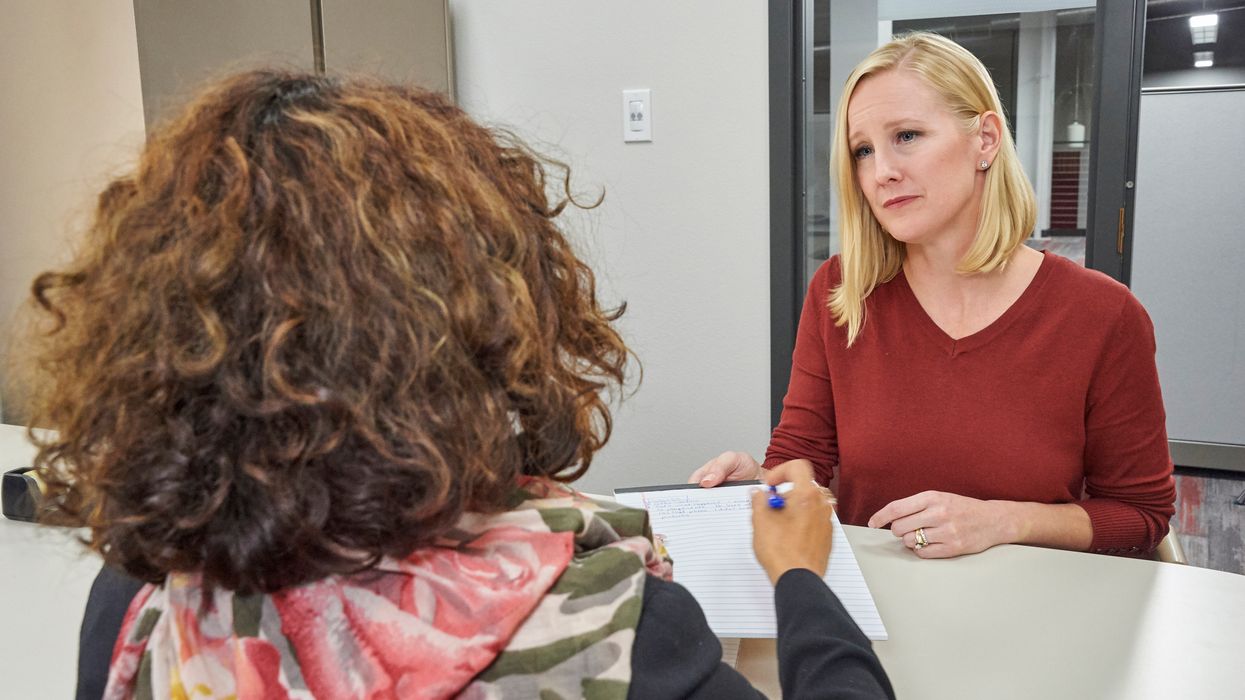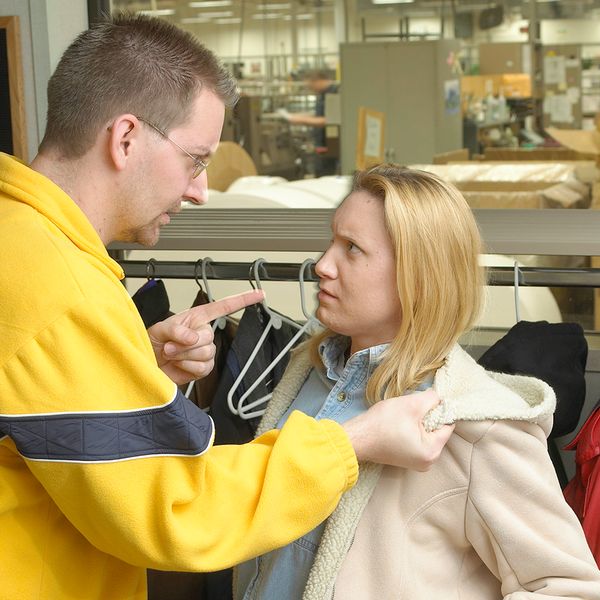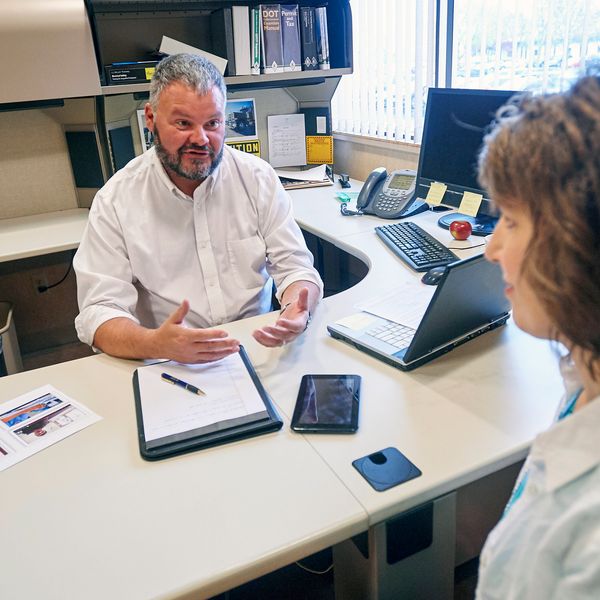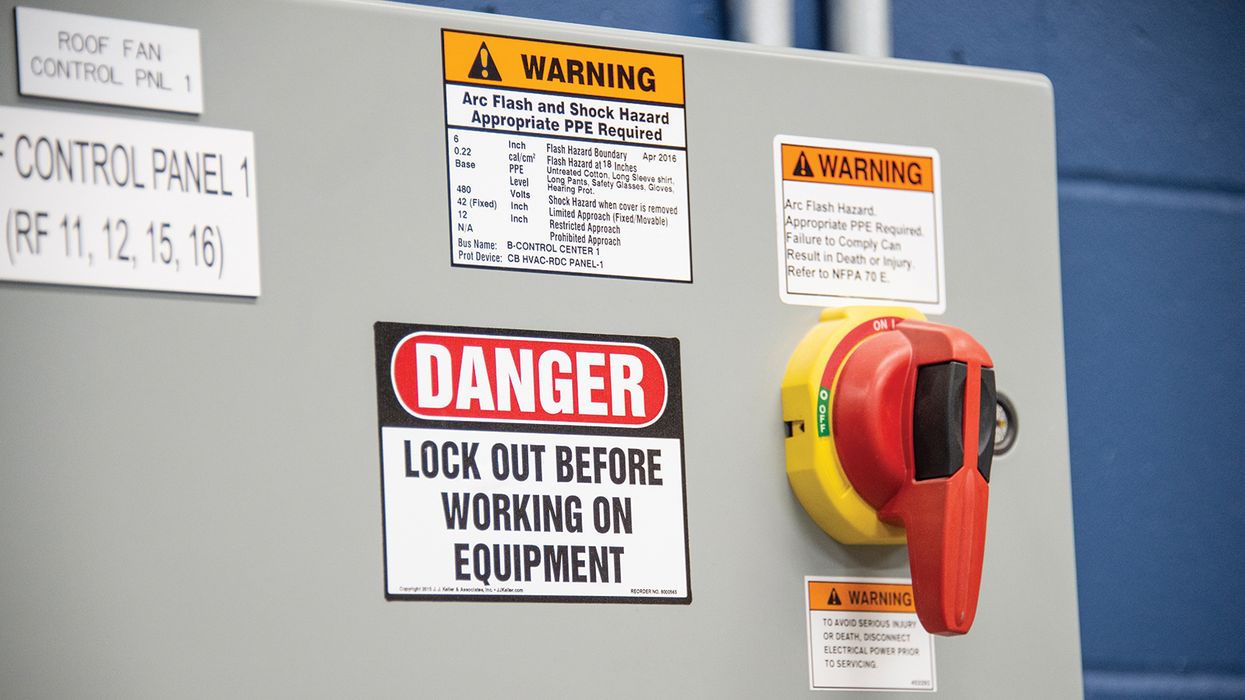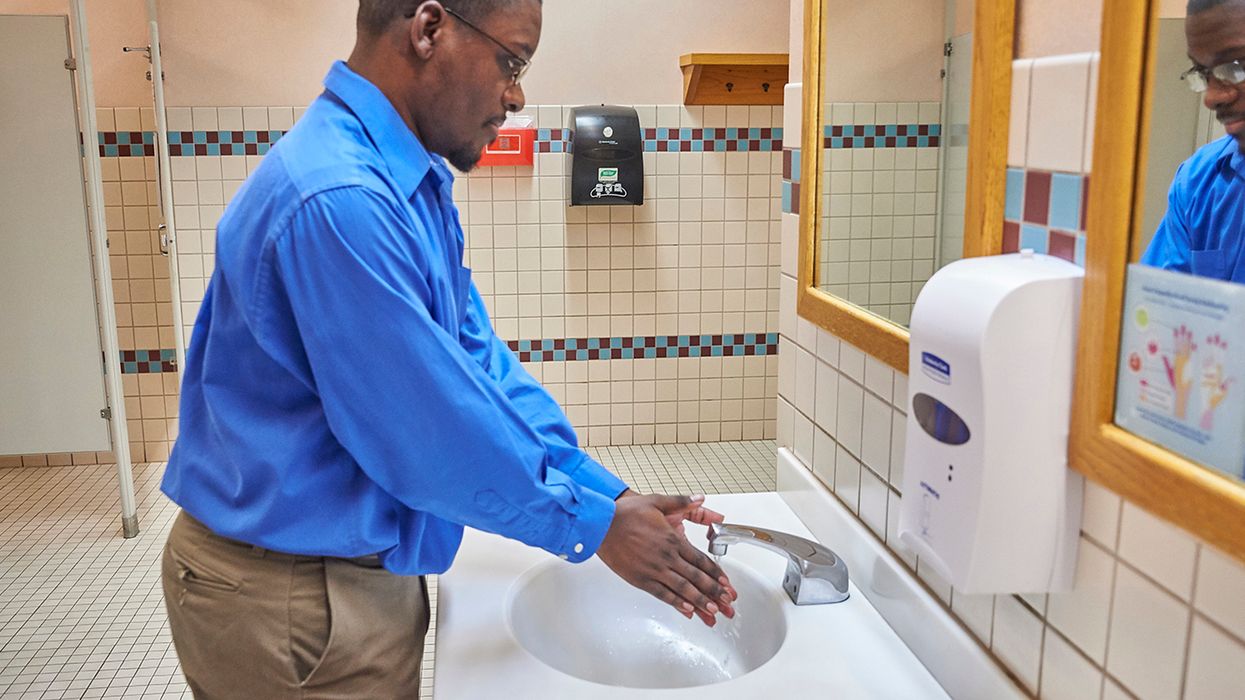Be a super sleuth: Tips from an EEO investigator
The goal of every investigation into claims of harassment or discrimination should be to solve workplace problems and restore a healthy environment for everyone, according to Lisa McConnell, a certified Equal Employment Opportunity (EEO) investigator.
Accomplishing that isn’t quick or easy, and during a session at the Society for Human Resource Management (SHRM) INCLUSION 2023 conference in October, McConnell shared tips on conducting more effective investigations.
Have an open door (and be grateful when people bring complaints through it)
McConnell began by telling the HR practitioners in the audience to encourage employees to bring their concerns to HR or to their leaders, and to make sure those leaders know what to do with the information.
“When you have someone coming to you with a problem, it is far better than hearing from the EEOC [Equal Employment Opportunity Commission] or an attorney with a demand letter and THEN finding out there is a problem,” she said.
When an employee brings a complaint, that is called “actual notice,” McConnell explained, adding, “Constructive notice is when you knew or should have known that there was something going on in your organization, or management knows and HR should have known.”
McConnell said an effective way to know what’s going on is to simply spend time out among the workforce.
“Don’t have a closed door all the time,” she said. “Talk to people when you get your coffee or your lunch.”
Don’t promise anonymity
When a complaint comes to a manager, it shouldn’t stop with that manager, McConnell said.
“A lot of complaints come in from someone who says, ‘I have to just tell you this to get it off my chest, but I don’t want you to do anything with it,’ the investigator said.
But, she added, managers must be trained to act on information once they have it because they have an obligation to maintain a good working environment for the complainant and everyone else.
Whoever takes the complaint should let the person know that it will be kept as confidential as possible, but they should never promise complete anonymity.
“That’s why it’s important to have anti-retaliation policies and act on them,” McConnell said. “Do not tolerate retaliation. Encourage them to report that as well.”
Add a 6th W
Often, people say an investigation requires the five Ws and the H, meaning the who, what, where, when, why, and how must be uncovered.
McConnell added a sixth W for witnesses.
“I’m always asking each party for witnesses,” she said. “Of course, I’m going to ask the complaining party, ‘Who saw this?’ and if they name two or three people, I’m going to list those individuals and plan on speaking to them.
But, she said, she does not talk to those witnesses until information such as schedules or video evidence confirms they really could have been there.
“The other thing I’m going to do when I talk to each of those witnesses is ask if there is anybody else that they know of who saw this firsthand,” the investigator said. “Oftentimes the best witnesses I find are the witnesses that a witness told me about because the person in the situation dealing with it didn’t even know that someone was just around the corner and heard the whole thing.”
McConnell also asks the accused for any witnesses.
“It’s not going to look like a very fair investigation if you ask the complaining party, but you don’t ask the accused party,” she said.
Look for videos, audio clips, texts, social media posts
McConnell suggested that investigators ask witnesses if they have any electronic or other evidence related to the incident.
“And if they say no, I dig a little deeper, saying, ‘Did you text a friend after the event and say you won’t believe this? Did you post about it? Did you record anything? Did you maybe go home and write a diary entry about it because you were so frustrated?’” McConnell said.
“And often I’ll get, ‘Oh, well, yeah. When I went on a break, I did text my mom about it, because I was asking her for advice.’ That alone will help you to determine when something has occurred because there’s a date and a timestamp right there. So now you’ve narrowed things down.”
When there’s something egregious that goes on in the workplace, or anywhere in our culture today, McConnell said people pull out a phone and record it because sometimes they don’t know how to respond but they know somebody’s going to need to see it.
“Remember, we’re trying to stay neutral and get the whole truth,” McConnell said. “Whatever it is — the good, the bad, or the ugly — we want it all because we want to make sure we’re addressing the problems that are arising in the workplace.”
Key to remember: Conducting more effective workplace investigations can help resolve problems and create a healthy, productive environment for everyone.

